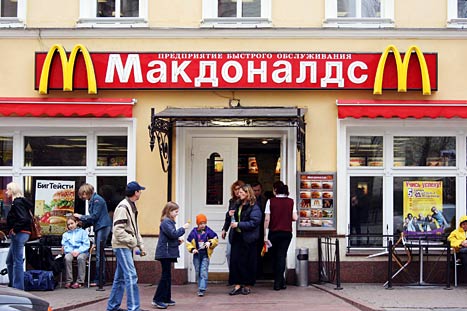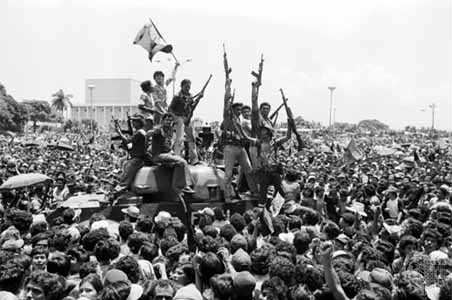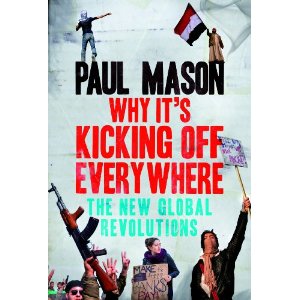history
A state of affairs worth fighting for: historiography of the Spanish Civil War

By Doug Enaa Greene
Communist International's Fourth Congress: revolutionary fulcrum of the modern world

Toward the United Front, Proceedings of the Fourth Congress of the Communist International, 192
Another Olympics is possible: the socialist sports movements of the past

For more discussion of issues surrounding sport and politics, click HERE. For more on the Olympics, click HERE.
August 7, 2012 -- As Mike Marqusee points out in an article posted at Links International Journal of Socialist Renewal, the modern Olympic Games are "a symbolic package: individual excellence at the service of the nation-state under the overlordship of multinational capital". Today, the domination of most sport by the capitalist corporations, crude nationalism and dog-eat-dog ideology is almost complete, occasionally challenged by the actions a few principled groups and individuals. But that was not always the case.
In fact, in the early decades of the 20th century, there were mass socialist-inspired workers' sports movements that sought, to varying degrees, to challenge capitalist control and ideology in sport. The goal was to organise working-class people through sport and leisure, and in some cases to attempt to fashion a new conception of sport.
Thomas Sankara: Revolution and the emancipation of women

"The revolution and women’s liberation go together.
The debate about the nature of the former Soviet Union: Who was right?

Moscow 2008.
[For more discussion on the nature of the Soviet Union click HERE. See also the related discussion on Stalinism HERE.]
By Chris Slee
July 30, 2012 – Links International Journal of Socialist Renewal -- The nature of the former Soviet Union was an issue which divided the left for many decades. Now that the Soviet Union no longer exists, differing analyses of its class nature should no longer be a reason for maintaining separate socialist organisations.
Nevertheless, this historical debate has relevance to current politics, since the theories developed to explain the nature of the Soviet Union were subsequently applied to other countries, including Cuba. In particular, the theory of state capitalism, of which British Socialist Workers Party leader Tony Cliff was a leading exponent, is applied to Cuba by many groups today, including Solidarity and Socialist Alternative in Australia.
Washington and the Cuban Revolution: Ballad of a never-ending policy -- triumph and reaction

[This is the second in a series of articles by Ike Nahem. The first can be found HERE. For more articles on Cuba, click HERE.]
By Ike Nahem
July 22, 2012 – Links international Journal of Socialist Renewal -- On January 1, 1959, Cuban revolutionaries, led by Fidel Castro, swept into power and established a provisional revolutionary government across the length of the island, overthrowing the exceedingly venal military regime of Fulgencio Batista.
The revolutionaries (including such remarkable figures as Juan Almeida, Raul Castro, Camilo Cienfuegos, Ernesto Che Guevara, Armando Hart, Celia Sanchez and Haydee Santamaria) marched into Havana, culminating a three-year campaign that combined rural guerrilla war with a vast urban revolutionary underground.
Book excerpt: Barry Sheppard on the triumph and defeat of the 1979 Nicaraguan revolution

The Nicaraguan people celebrate victory over the Somoza dictatorship in central Managua, July 20, 1979.
By Barry Sheppard
July 19, 2012 – Links international Journal of Socialist Renewal --The following are two chapters from volume 2 of my political memoir about my time in the US Socialist Workers Party (SWP). They give an overview of the triumph and eventual collapse of the Nicaraguan revolution (1979 through the 1980s) under the blows of US imperialism’s war against the small and impoverished country.
It is important for socialists today to not forget the victories and defeats of the past, and their lessons for the future. One of the lessons of the Nicaraguan revolution, like the Paris Commune, the Russian, Chinese, Yugoslavian, Vietnamese and Cuban and other revolutions, as well as revolutionary upsurges that didn’t take power, like the German one (1917 to 1923), the May-June 1968 near revolution in France, the Portuguese revolutionary events of 1974-1975, the Prague Spring of 1968, the rise of the Polish workers in 1970, etc. is the power of the workers and peasants when they enter the stage of history in their own name and interests.
Video: 'The Story of Change' -- Can shopping save the world? (with script)
Tony Cliff: biography of a devoted and enthusiastic socialist

Tony Cliff: A Marxist for His Time
by Ian Birchall
John Riddell: Toward the United Front -- the Fourth Congress of the Communist International (audio)
June 28, 2012 -- A talk presented by John Riddell to the US International Socialist Organization's Socialism 2012 gathering in Chicago, on June 28, 2012. The recording is also available at Wearemany.org, where it first appeared.
Click HERE for more articles on the history of the Communist International.
John Riddell on the US SWP: Part 2, causes of a socialist collapse (1976–83)

The Party, The Socialist Workers Part
